Home » Industry Watch
Apple Pay Antitrust Violations'Apple was not immediately available for comment.'
Are you in the market for a new Apple laptop? We are. More on this below.
In the meantime, let's look at the news on the Monopoly of the Year - Apple.
This first came to us via OANN.
Lawsuit Accuses Apple Of Antitrust Violations Over Apple Pay
https://www.oann.com/lawsuit-accuses-apple-of/
Let's read a bit.
(Reuters) — Apple Inc was sued on Monday in a proposed class action by payment card issuers accusing the iPhone maker of abusing its market power in mobile devices to thwart competition for its Apple Pay mobile wallet.
OK...
According to a complaint filed in San Francisco federal court, Apple 'coerces' consumers who use its smartphones, smart watches and tablets into using its own wallet for contactless payments, unlike makers of Android-based devices that let consumers choose wallets such as Google Pay and Samsung Pay.
That sounds pretty serious.
The plaintiff, Iowa's Affinity Credit Union, said Apple's anticompetitive conduct forces the more than 4,000 banks and credit unions that use Apple Pay to pay at least $1 billion of excess fees annually for the privilege.
That is pretty serious. For anyone but the USG, a billion in greenbacks is serious cash.
It also said Apple's conduct minimises the incentive for the Cupertino, California-based company to make Apple Pay work better and make it more resistant to security breaches.
That's not nice at all.
'Apple's conduct harms not only issuers, but also consumers and competition as a whole', the complaint said.
Well yes, of course. It goes without saying.
IT Monopolies
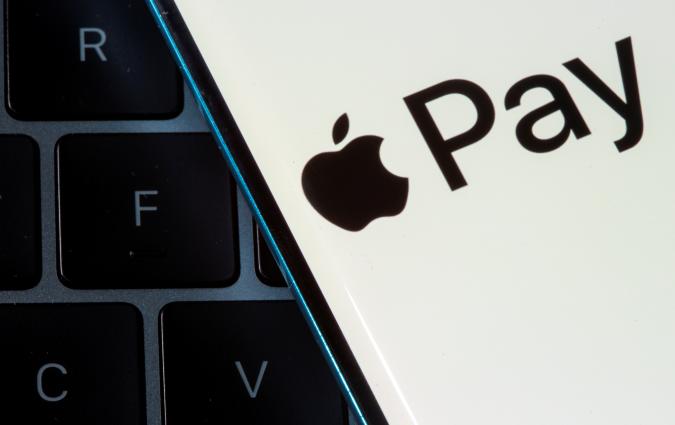
For years, the quirky beige box company has been behaving rather reprehensibly. If Forbes and the New York Times condemn you, you're in serious trouble. But monopoly's been the name of the game in the 'wild west' of IT for a long time.
IBM
IBM started things off. There was a time when you couldn't buy an IBM mainframe - you could only lease it. This was great for IBM but not so good for anyone else. IBM had been instrumental in the WWII effort for the Allies, so they were given a pass on their marketing practices. (And IBM always specialised in both horizontal and vertical monopolies, meaning they not only tried to get rid of the competition, but also took over ownership of their own suppliers - kind of what Apple do today with their own chip line - see below.)
The USG finally decided to enforce a bit of 'anti-trust' against IBM, so hooray, IBM clients could finally purchase their (mainframe) computers. The market that materialised at that point was referred to as 'Snow White and the Seven Dwarfs' - IBM being 'Snow White' for their (ahem) marketing practices, and 'Seven Dwarfs' being the other companies (and they were seven) trying to compete (ahem) with IBM, sharing a single-digit market share together.
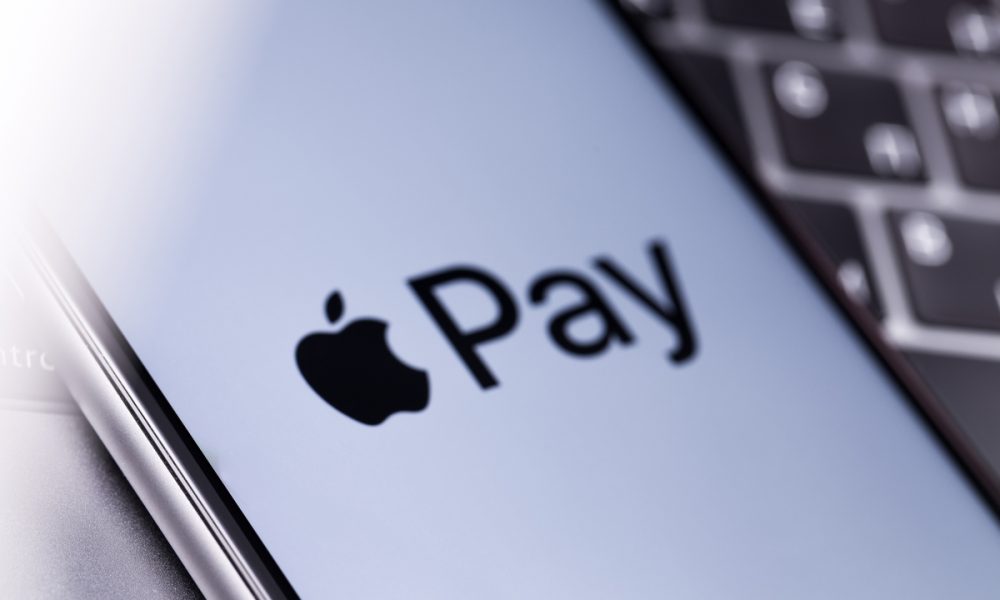
IBM saw the hobby computer revolution coming, paid absolutely no attention to Apple who wanted to monetise it, and started buying up stock in Intel, itself a bit of a pirate company with direct lineage from Nobel Prize laureate William Shockley. Engineers from Intel (where else) had banded together, held back a few 'secrets' from their latest Intel chip, and founded Zilog, there producing the disruptive Z80 processor. It was this processor which was used in Gary Kildall's CP/M ('Control Program for Microprocessors'). It was CP/M which started the hobby revolution. Thanks to its modular approach, third-party vendors didn't have to worry about the hardware, and hardware OEMs didn't have to worry about the software. It just worked.
IBM saw a threat. And they'd already been feeling butt-hurt from the ingrate startup DEC that had IBM scramble to invade the new 'minicomputer' market (where they ultimately got a 51% share over DEC but never fully recovered). IBM clients had flocked to DEC because they were sick and tired of IBM's monopolistic abuses. Now IBM saw the opportunity to get back at DEC. All they had to do was co-opt the hobby computer market, and then tell customers 'if our PC isn't powerful enough for you, you don't need a DEC mini, you can instead hookup to someone else's IBM mainframe for real power!'
It worked. Of course. But, along the way, they ran into a Seattle startup selling programming language rubbish.
MicroSoft
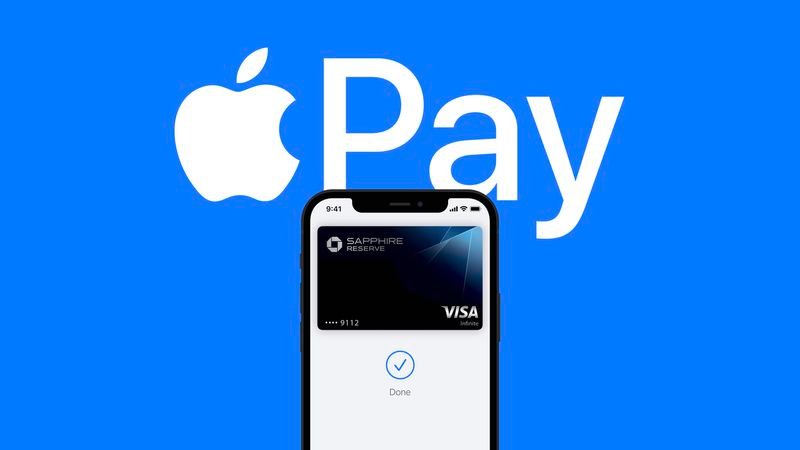
Especially with what we know today about the Covid-19 pandemic, people have more than enough reason to wonder if Bill Gates has anything decent in his DNA. This is of course the dropout who quit Harvard (without ever really studying) and headed to New Mexico (to rent a flat upstairs from an Albuquerque whorehouse). Who was given a Porsche Boxster by his rich and influential Daddy (and got busted by the Highway Patrol). Who went on to pen that infamous screed 'YOU STEAL OUR SOFTWARE'. Who butt-fucked Tim Paterson over the forerunner to MS-DOS (and then bragged in adverts that his company had written the system). And who somehow, in the boner of the modern era, got IBM to agree to a non-exclusive licence agreement for that 'disk operating system'.
Who can forget the DOJ trials with Justice TP Jackson? How Bill got his orcs to rummage through cemeteries to find names to add to protest lists saying the DOJ was endangering 'national security'? What systems programmer is not aware that Microsoft's Jim Allchin oversaw the 'forced migration' of dozens (hundreds) of Microsoft DLLs (shared libraries) to make it impossible for TP's team to remove Internet Explorer from Windows? Who can forget the downright evil of the 'AARD code'?
You really knew you wouldn't fare well as a startup in the IBM mainframe market. You learned that the same applied to Microsoft's PC market. Both those monopolies would basically eat you alive if they found out about you. Ask the people from Borland and WordPerfect just for starters.
Today (Apple)
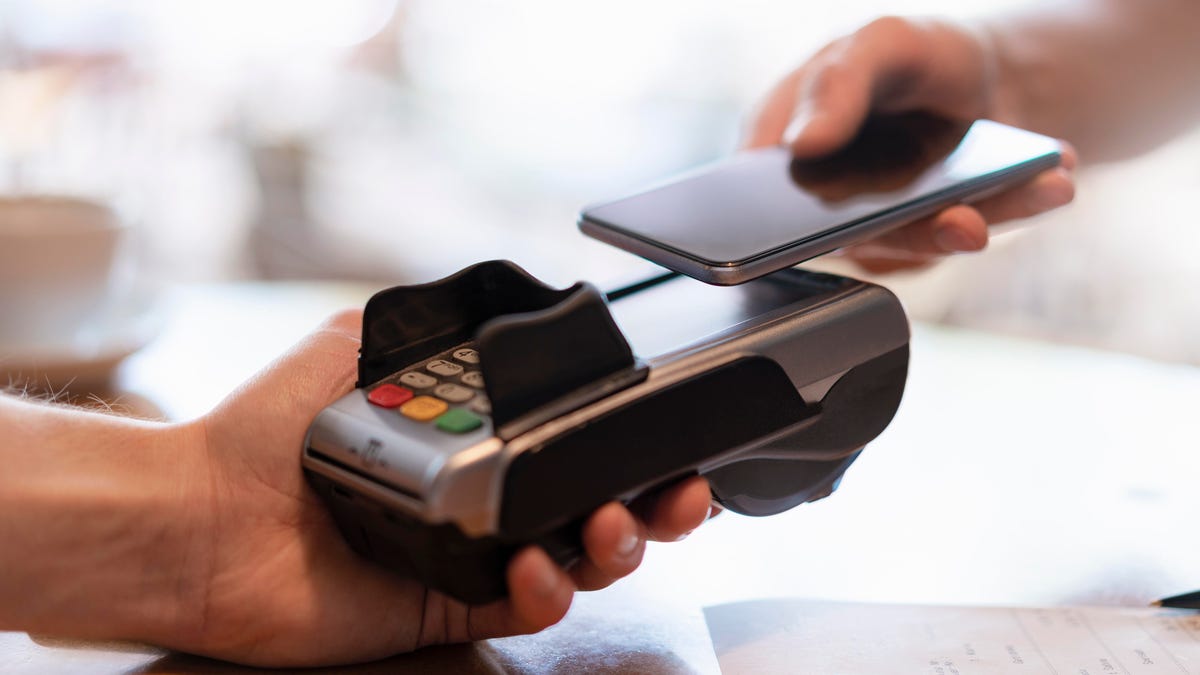
Back in 1997, Microsoft ruled the roost. And Apple founder Steve Jobs fled Apple's 'Siberia' to found a new company in Redwood City, doing who-knows-what. But that company, despite sluggish sales, ended up with an operating system that was so good it'd bring Steve Jobs back to Apple (where he could fuck over the people who'd once betrayed him, and a few others that hadn't).
Steve is no more, and he's been replaced by someone who's good at numbers (but not so much at computers). And now we see Apple falling into the monopoly trap. Almost as if it's inevitable for companies that get so much market sway (except it's not - it's just people being bastards, and maybe that part of it's inevitable).
Even Wikipedia once admitted that Steve's NeXT OS was the 'true gem' of his Redwood City years. And that's saying a lot. The NeXT OS was built properly.
- It played by the rules. It ran atop FreeBSD, a platform provided by another organisation.
- FreeBSD is a 'Unix', so it's 'securable' if not OOTB secure.
- It had a user environment that ran laps around Microsoft's Windows.
- It had scaleable floating point graphics, meaning it looked far better too.
All this and more Steve Jobs brought to Apple on 1 January 1997. By the 4 July weekend, he'd succeeded in shafting the Apple exec who brought him back. And he'd brought a lot of programmers from NeXT who understood how the system worked. Unlike the dweebs who were already there and who'd been unsuccessfully trying to build an OS of their own.
Consultants were brought in to teach Apple programmers how to program. Apple programmers had been stuck in the world of Niklas Wirth and understood little of real world programming. First they had to learn C, they had to learn to think in C, then try on a real operating system like Unix, then step up ever so slightly to Objective-C, then try on the formidable NeXT frameworks. That's a lot to learn in a short time, and it's obvious there were a lot who didn't learn well.
But Steve's replacement Tim understood one thing. It's all about money at the end of the day. The lauded NeXT frameworks started to fall apart (even in Steve's time) with bits being yanked out and never replaced, with cornerstone OS features suddenly seeing their 'end of line', and so forth.
Things started to accelerate even during Steve's final years. Perhaps the most significant watershed was the introduction of the iPhone in 2007. That's when, after a few false starts and a few classic bloopers, Apple came upon 'code-signing'.
'Code-signing' is a technique to cryptographically mark an executable - or, in the case of NeXT application architecture, a complete application 'bundle' - so that tampering renders things inoperable. All for your safety, of course.
The snag is that the 'seal' is declared in the executable's headers. If the declaration of the seal is not found, the OS treats the program just like any other. Removing any reference to code-signing in those headers effectively neutralises the code-signing.
Something most Apple customers (and especially their 'fanboys') never pick up on. But, just like with the 'iPod_Control' when trying to stop people from sharing media on their iPods, something easily defeated by going outside Apple's own 'file manager', it was good enough (98% effective) to get by.
So what's so good about code-signing in a best-case scenario? Very little, actually. But - and this is the common 'worst-case scenario' - it means that vendors have to submit their products to Apple to get that all-important code-signing seal. Which is cryptographic. And based on what's known as a 'root certificate'. Apple's own. And that root certificate is closely guarded. Who knows what a root certificate costs, but, to Apple, it's worth billions. Annually. Billions upon billions.
iPhones and iPads can't run software without the seal. Macs can, as they were already around, and Apple can't break existing software (and systems). And they fear the market backlash even if they could.
But there's more. For the authenticity of the seal has to be checked in realtime. Which means that every application, on your iPhone, watch, iPad, or Mac, has to 'phone home' before launching.
Yes, that's right. So ponder the pandemonium that ensued when Apple had a product rollout the other year and their servers were unavailable. All over the world, no one's software would run. Just think about it.
As to what information is sent to Apple all the time: that's another sensitive issue. For the local firewalls can't block Apple's ports from communicating to the Mother Ship either.
Recent experiments in trying to stop Apple devices from phoning home, experiments that really pulled out all the stops, have largely been unsuccessful. This is likely a situation found in almost all commercial systems today (not open source systems like FreeBSD and Linux) but Apple... They've learned to always take things to extremes at Apple.
Monopolies Are Bad
Monopolies are bad. They're always bad. Market acceptance is a good thing, but using market acceptance (and dominance) to bully oneself around: that's never good. That's why so many countries have legislation against it. Monopolies hurt the consumer. You. They are never good to you. They screw you over. You get substandard product at inflated prices. And, in the case of Apple... You already know.
The crying shame is that what Apple inherited from NeXT - and hardly anything Apple came up with subsequently - was stellar. Steve Jobs said NeXT was five years ahead of its time, but it's more like twenty-five years, even today.
And inept Apple took it over, made a mess of it, and turned things into the biggest bastard going.
Press Coverage
Note that this lawsuit's all over the media. But not so much in the 'Mac community'. The Gruber hasn't written about it. Yet. Perhaps it takes time to find the right 'spin'. What he has written about is the new Macbook Air. Running the new M2 processor. And he goes to inordinate lengths to praise it. Probably the longest article he's ever written. So the cheque's in the post, G.
But it sort of looks good, even promising. Except the price, traditionally under $1000, is now a few hundred more and, in some places, half again as much.
Apple Monopoly™.
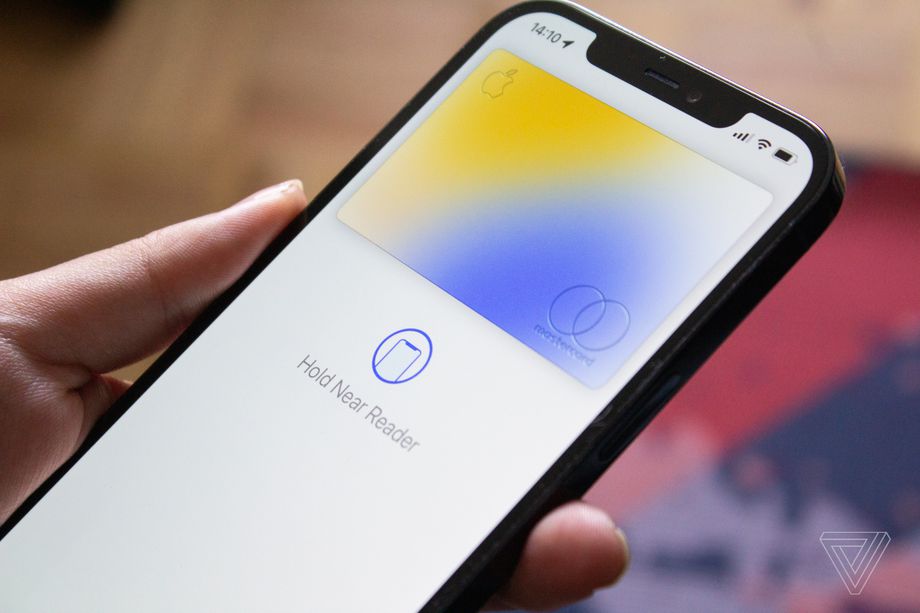

You've obviously heard of us, otherwise you wouldn't be here.
We're known for telling the truth even if it's not in our interest.
We're now telling you to beware Apple's walled garden. Don't get locked in.
What you've seen so far may be only the beginning of something far far worse.
Download our Test Drive and at least check out our free Keymaster Solo.
That's the first step to regaining your freedom. See here.
|